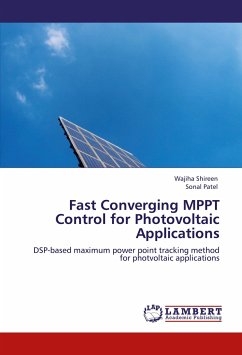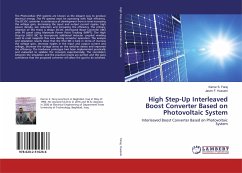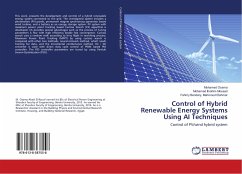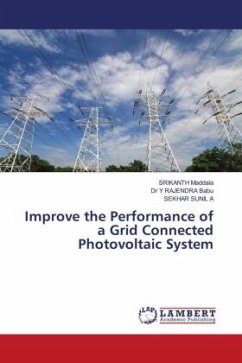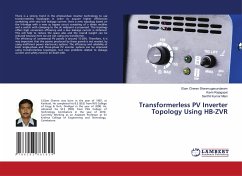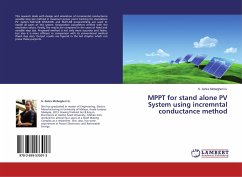In order to compensate for their cost, photovoltaic (PV) systems need to be operated in a manner that ensures the optimum use of the available solar energy. This is achieved by means of a Power Conditioning Unit (PCU) which in most cases consists of a dc-dc converter connected between the PV source and the load. The role of the dc-dc converter control is to ensure operation of the PV array at its maximum power point (MPP) regardless of atmospheric conditions and load variations. This thesis presents a fast converging digital maximum power point tracking (MPPT) control that is based on analysis of the PV module characteristics and determination of the short circuit current. The proposed method allows convergence to the MPP in a single step. This method was simulated in Simulink and implemented using DSP microcontroller, TMS320F28035. An average tracking efficiency of 93.4% was obtained by this method.
Bitte wählen Sie Ihr Anliegen aus.
Rechnungen
Retourenschein anfordern
Bestellstatus
Storno

